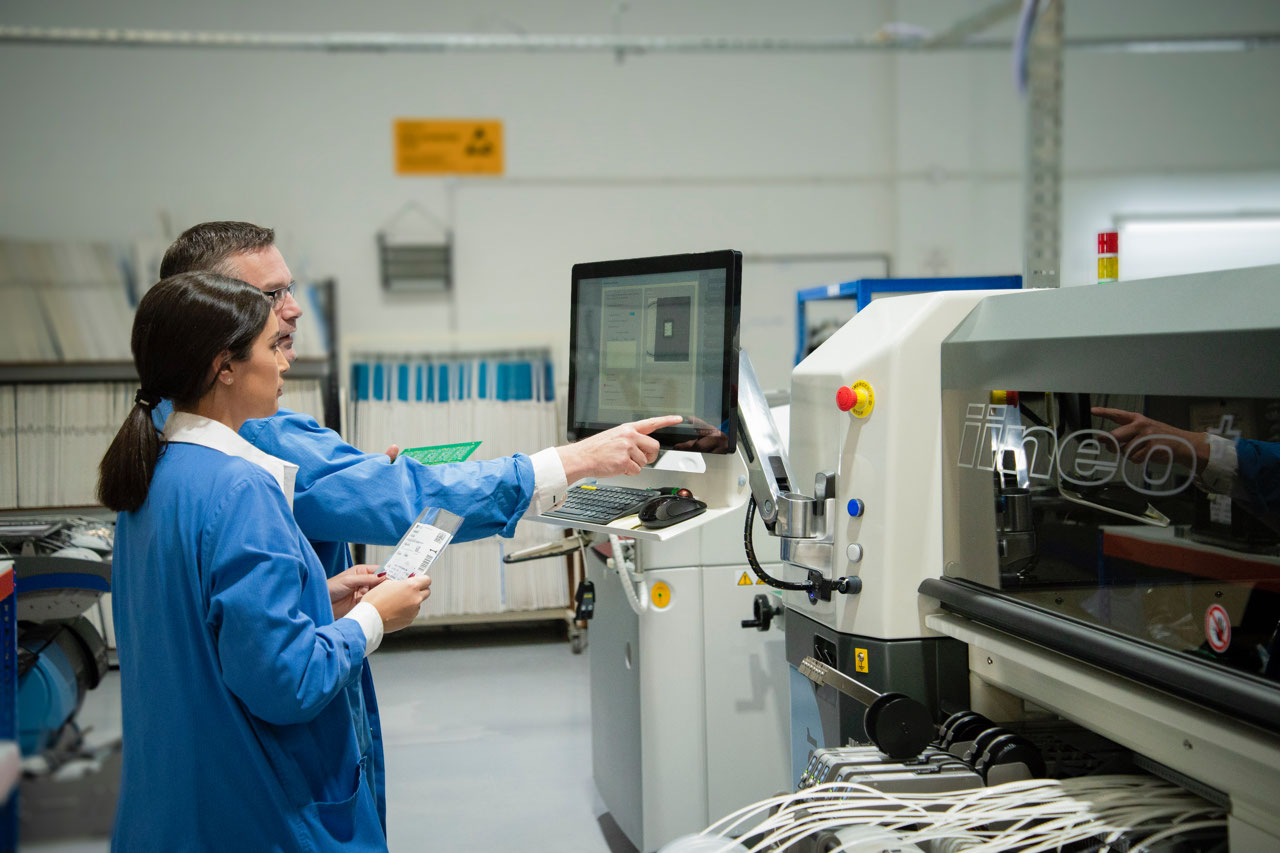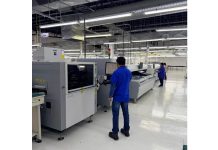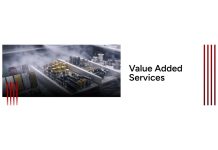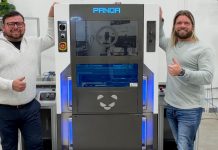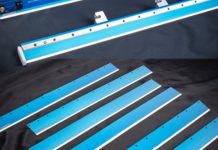Despite the coronavirus pandemic, Piddlehinton-based Prototype Electronics Ltd has invested in a second iineo pick & place machine from Europlacer. The new machine was specified to be identical to the company’s first single-turret iineo+ machine acquired just one year earlier.
Prototype Electronics Ltd (PEL) is just a few miles down the road from Europlacer’s global headquarters in Poole, Dorset. The proximity of the two businesses did not have a direct bearing on the contract manufacturer’s decision to order its first iineo placement machine in August 2019 nor the subsequent investment in the latest, identical, iineo+. However, the geography did play a part in the relationship between the two companies.
For some years, PEL has supplied circuit boards and cable harnesses for Europlacer’s sister company, Speedprint Technology. Europlacer manufacturers the Speedprint SP210 and SP700AVi Series of automatic surface mount screen printers at its Poole facility.
Somewhat unusually, the latest iineo+ order by PEL late in 2020 dictated that the new machine be configured identically to its first iineo+. This was with the very specific intention of being able to exactly replicate the resources between the two placement machines. In turn, it gives PEL the ability to seamlessly move jobs between the machines with no delay. “Due to the wide variety of batch sizes we accommodate and the frequency of product changeovers we encounter, flexibility is more important than pure placement speed,” explains PEL Director Duane Street. “Yes, an iineo+ II machine featuring two turret heads would increase the throughput rate at the placement platform. But it may not increase throughput factory-wide given likely delays from setup times when moving jobs between machines with slightly different configurations. We were adamant that identical machines would be more valuable to give us instant, guaranteed flexibility, and we were right.”
For the first years of its existence, PEL deployed older pick & place machines from Philips/Assembleon. In time, these legacy systems demanded high levels of operator knowledge, frequent intervention and manual checks. Being highly personnel dependent, the operation was ‘resource hungry’ and not scalable. Quality began to suffer. “Without the intelligence of the Europlacer machines, these systems required a lot of TLC,” says Street. “We knew that we were too reliant on the special skills of people and that the time would come when there were not enough hours in the day. We hit that ceiling a couple of years ago, evidenced by the fact that we stopped taking on new customers for a short time as the old machines could not cope.”
Street explains that the company always intended to acquire new machines from Europlacer, thanks in part to the reverse business relationship that already existed as a supplier to Speedprint. The decision to purchase took just two days, with the PEL production team having dismissed the option of ‘scrimping’ with second-user equipment. “We went ‘all in’ with a new iineo+ machine and a comprehensive set of intelligent Europlacer feeders. It was all about reducing the reliance on the operator.”
However, a key factor in the purchase decision was not simply the existing supplier relationship or convenient geographic proximity but a common appreciation of a customer- and supplier-centric focus to business. “We clearly remember the very first visit from one of the former senior managers at Europlacer who arrived at short notice to evaluate our suitability as a Speedprint supplier. He demanded a microscope, chose a board, and inspected it in total silence for several minutes. He was satisfied and declared that Europlacer would work closely with us and treat us with respect such that PEL would want to be a supplier for a long time. And that was a long time ago! It’s exactly the same ethos we apply to our business by looking after our suppliers as well as our customers. To deliver the very best service, it must be a two-way street.”


